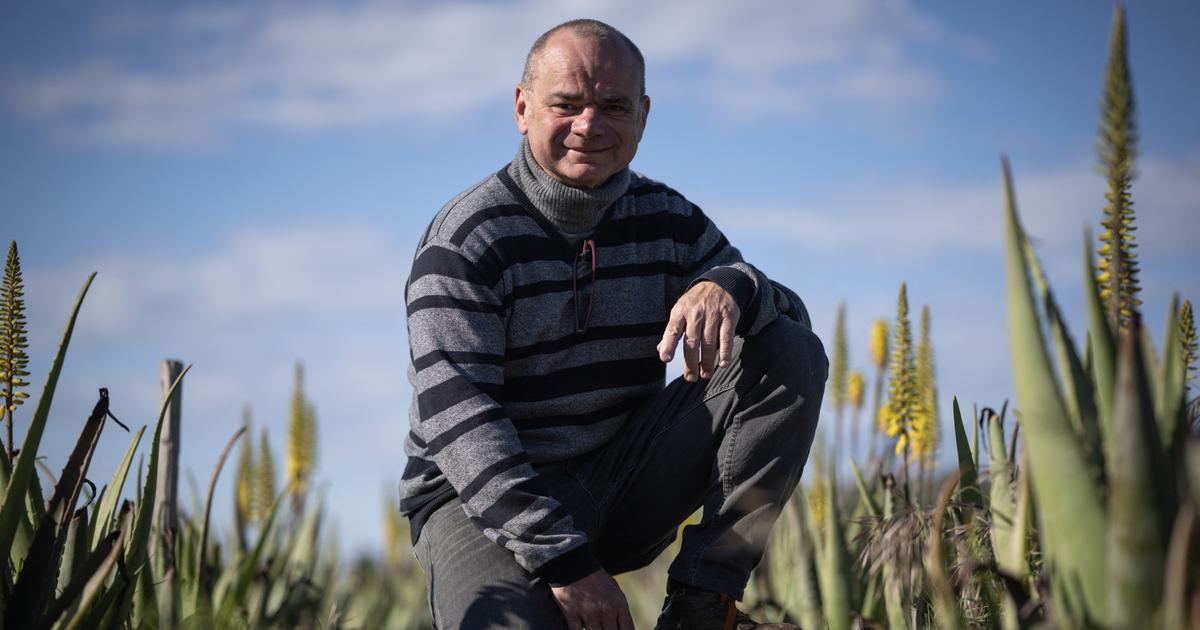Nice Neighborhood Shocked by Fatal Stabbing, Suspect at Large
From Cannes to Instagram: Aditi Rao Hydari's Stunning Blue Ensemble
Greenwood's Stellar Performance Earns Him April's Top Player Award in Ligue 1
Sébastien Martin Claims Victory in Saône-et-Loire Legislative By-Election
From the Pool to the Screen: Florent Manaudou's New Challenge in 'A Priori'
Drought Resilience: Aloe Vera Cultivation Gains Ground in Aude

In the face of relentless drought conditions, farmers in the Aude region of southern France are pivoting towards more sustainable and less water-intensive crops. Laurent Maynadier, a 13th-generation winemaker, has turned to aloe vera, a plant that thrives in arid conditions, marking a significant shift from traditional viticulture. This move comes as the region grapples with the harsh realities of climate change, which has led to a persistent drought over several years.
Maynadier's experimentation with aromatic plants such as thyme, rosemary, oregano, sage, and lavender led him to aloe vera and rosemary as the most viable options. However, the lack of profitability in rosemary cultivation steered him towards aloe vera. The plant's minimal water requirements—fifty to a hundred times less than vines—and its resistance to pests without the need for phytosanitary products present a compelling case for its adoption in drought-stricken areas.
The broader Aude and Pyrénées-Orientales regions have been severely affected by the drought, a trend that sporadic rainfall cannot reverse. The Geological and Mining Research Bureau (BRGM) has highlighted the persistently low to very low water table levels in Roussillon and the Corbières massif, a situation expected to continue regardless of rainfall or temperature scenarios in the coming months.
Maynadier's shift to aloe vera is part of a larger trend among local farmers seeking to adapt to climate change. With nearly 5,000 hectares of vines slated for removal in Aude alone under a government scheme, the agricultural landscape is undergoing a transformation. The introduction of drought-resistant crops like aloe vera, pistachios, and olives signifies a proactive approach to ensuring the sustainability of farming in the region amidst changing environmental conditions.